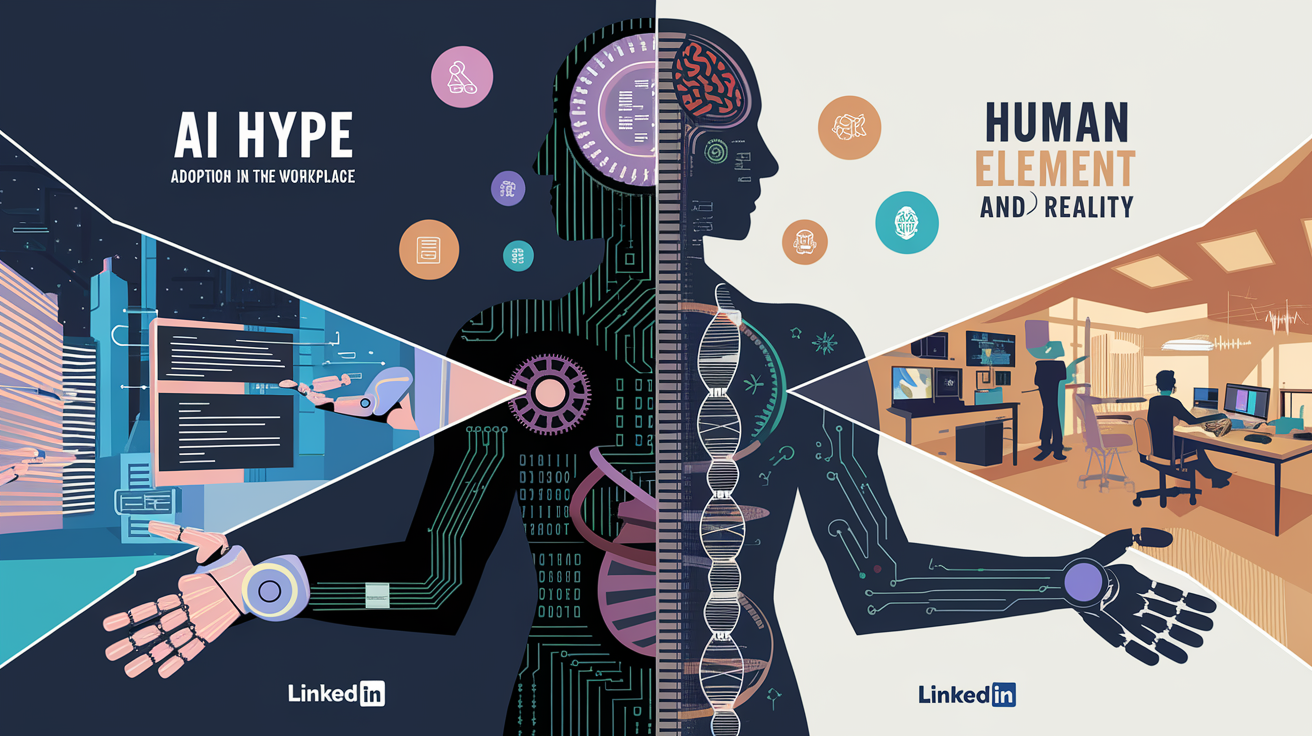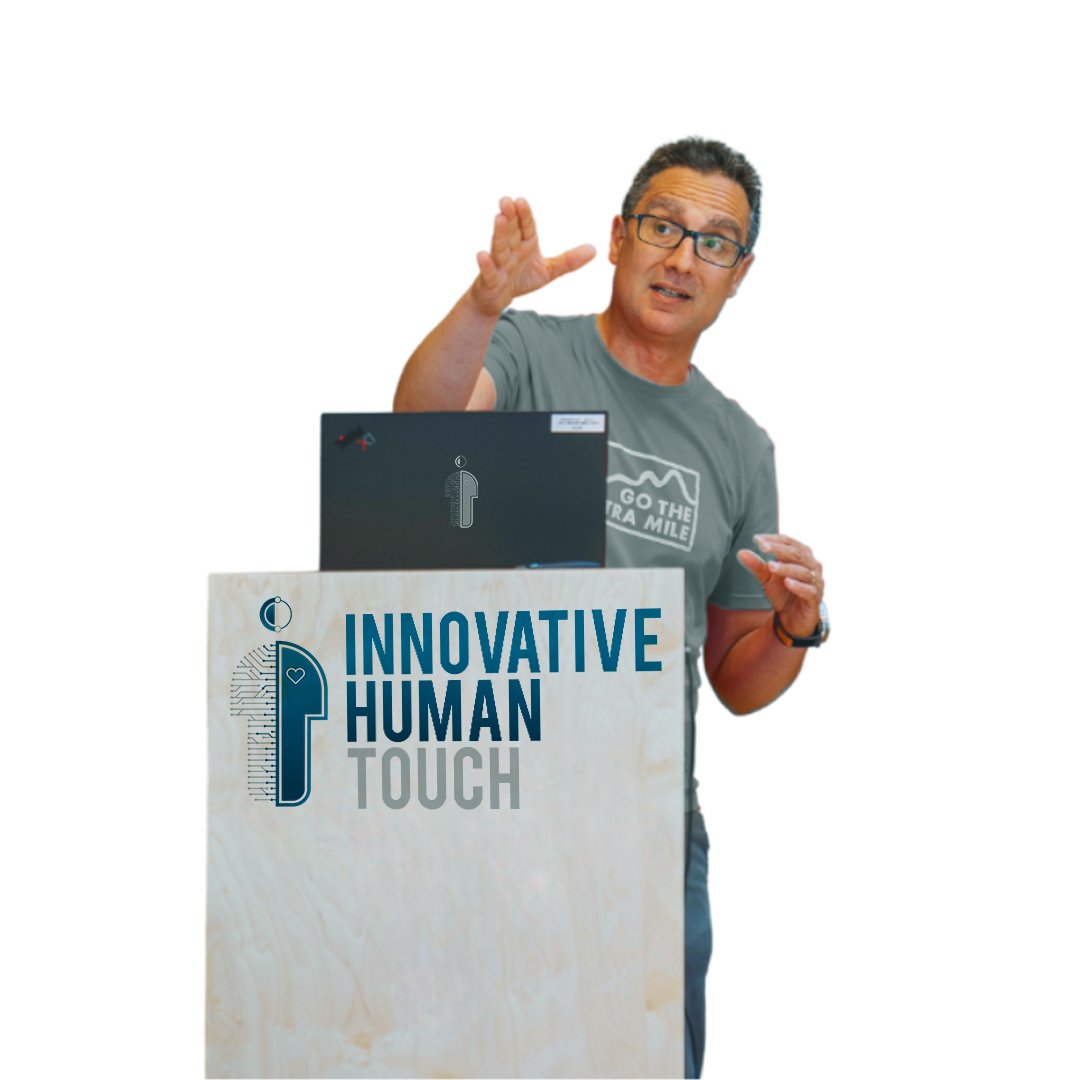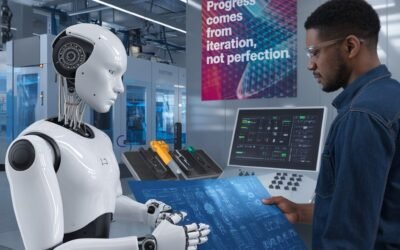Recent studies on AI adoption in the workplace have yielded results that, ironically, shouldn’t surprise us given the often unstructured and hype-driven approach to AI implementation. Let’s dive into these findings and critical insights:
5 (Not So) Surprising Findings on AI in the Workplace
- 📊 Over 80% of AI projects fail – twice the failure rate of non-AI IT projects. (Source: RAND Corporation study, 2024)
- 🛠️ 78% of AI users are bringing their own AI tools to work (BYOAI), without official company approval. (Source: Microsoft and LinkedIn 2024 Work Trend Index Annual Report)
- 📈 96% of C-suite leaders expect AI tools to increase overall company productivity. (Source: Upwork Research Institute, “From Burnout to Balance: AI-Enhanced Work Models”, 2024)
- 📉 However, 77% of employees report that AI tools have actually decreased their productivity and increased their workload. (Source: Upwork Research Institute, “From Burnout to Balance: AI-Enhanced Work Models”, 2024)
- ❓ 47% of employees using AI say they have no idea how to achieve the productivity gains their employers expect. (Source: Upwork Research Institute, “From Burnout to Balance: AI-Enhanced Work Models”, 2024)
Top Insights on AI Implementation Challenges
- Misalignment of Technology and Business Needs
- Cause: Organizations focus too much on AI technology rather than on solving real business problems.
- Impact: This leads to AI projects not aligned with business drivers and strategy that fail to deliver meaningful value, contributing to the high failure rate we’re seeing.
- Cause: Lack of adequate infrastructure to manage data quality and deploy completed AI models towards an effective and integrated Decision Science.
- Impact: This results in unreliable AI outcomes and difficulties in scaling AI initiatives across the organization, often leading to shadow AI use.
- Cause: Traditional work structures, processes and evaluation methods are not aligned with AI-enhanced workflows.
- Impact: This misalignment creates a disconnect between leadership expectations and employee experiences, leading to decreased productivity and increased frustration.
Key Takeaway: It’s About People, Not Just Technology
The core lesson from these findings is clear: successful AI implementation is fundamentally about people, not just technology:
- Human-Centric Problem Solving: Effective AI solutions start with a deep understanding of customer and human needs and business challenges. It’s not about having the latest AI algorithm ; it’s about solving the right problems.
- Cultural Transformation: Adopting AI requires a shift towards #skills-based approaches and organizational culture. It’s about fostering a mindset that embraces change, continuous learning, and collaboration between humans and AI.
- Skills and Empowerment: The gap between leadership expectations and employee experiences highlights the need for comprehensive training and support. Empowering people to work effectively with AI is crucial.
- Ethical Considerations: As we integrate AI, we must prioritize ethical considerations and ensure that our use of AI aligns with human values and societal norms.
Remember, AI is a powerful ally to augment human capabilities. The most successful AI implementations will be those that enhance human potential, creativity, and decision-making.
Call to Action
As we navigate this AI revolution, let’s focus with an @innovativehumantouch:
- How are you ensuring your AI initiatives are driven by real human and business needs?
- What steps are you taking to prepare your workforce for AI collaboration?
- How are you fostering a culture that balances technological advancement with human-centric values?
Share your thoughts and experiences. Let’s learn from each other about putting the ‘human’ at the center of our AI strategies.
#InnovativeHumanTouch #ArtificialIntelligence #HumanCenteredAI #WorkplaceTech #AIAdoption #PeopleFirst





